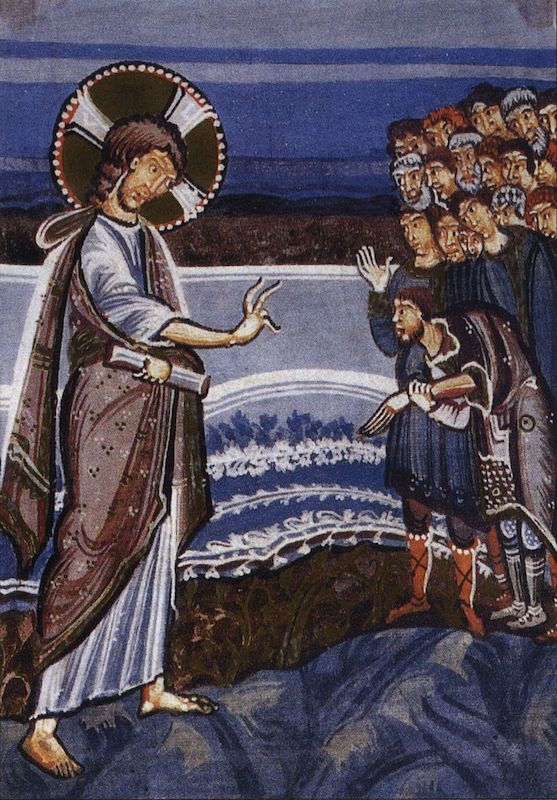Jesus and the Law
- argualtieri33
- Jul 31, 2021
- 2 min read

We still need to clarify Jesus’ understanding of the authority of the Torah. Here I begin by making use of the interpretive device of the law within the law. Jesus endorses a natural law, i.e., those ordinances that make for an orderly society, e.g., thou shalt not commit murder, theft, adultery, false witness.
This is the ethical side of the Sinai tablet binding on Jew and pagan alike. To illustrate: in dealing with the question of divorce, Jesus goes back to God’s intention in creation, that is, the basic structure of reality, not to a subsequent Mosaic compromise.
Incidentally, this renders it easier to reconcile Jesus’ approbation of the law with condemnation of the law understood as the minutiae of Oral Torah whispered into Moses’ ear at Sinai. Hence, “not an iota nor a dot shall pass away from the law” refers to Jesus’ perception of the enduring natural law underlying his new law of God’s righteousness which he proclaims. The thrust of the Jewish tradition had become the compilation of minute casuistic regulation exemplified by the Oral Torah as divine law.
For Paul, the circumcision of the Jewish male baby is the dominant issue which crystalizes the debate on the status of the law. In Galatians, he says “neither circumcision nor uncircumcision count for anything but a new creation” (Galatians 6:15). This might imply that Jews do not have to follow the Torah once they have become Christians by faith in Jesus Christ. This is certainly true if we consider only the soteriological question. All – Jew or Greek – are not saved by any human works including circumcision but only by the grace of God freely bestowed in Christ.
But perhaps another interpretation is possible: Jews can maintain their identity as Jews by continuing to observe the Torah even after they have become followers of Jesus. In other words, Jesus and Paul have turned a theological criterion into a cultural/anthropological one. The law has become, for Jews, a cultural means of national identity. Italians eat polenta and pasta; Chinese, rice and bok choi; Jews abstain from shellfish.
These practices serve as cultural emblems of national identity. However, should observance of law indicate a relapse to a soteriology of human works righteousness, then that practice is condemned as a de facto contradiction of the Pauline exhortation to justification by faith in God’s grace through Christ.
A further thought on the subject breaks in: I have argued elsewhere (“a theological justification of nationalism”) that the biblical God’s involvement in salvation history implies a humanizing role for discrete national traditions. Accordingly, it could be asserted that maintaining the Torah (or whatever parts of it Jews desire to hold) serves to create community that is an antidote to universalizing standardization.
We can find no unequivocal answer in the Bible to this question of Paul’s view of the ongoing authority or not of Torah.
John Barton, in his fine 630 page A History of the Bible has only one sentence on the subject. “He [Paul] suggests that Jews, too, are ‘justified’ (reckoned as righteous by God) through faith rather than through works of the Torah (‘law’) – though he does not go so far as to suggest explicitly that Christian Jews should abandon the Torah.”



Comments